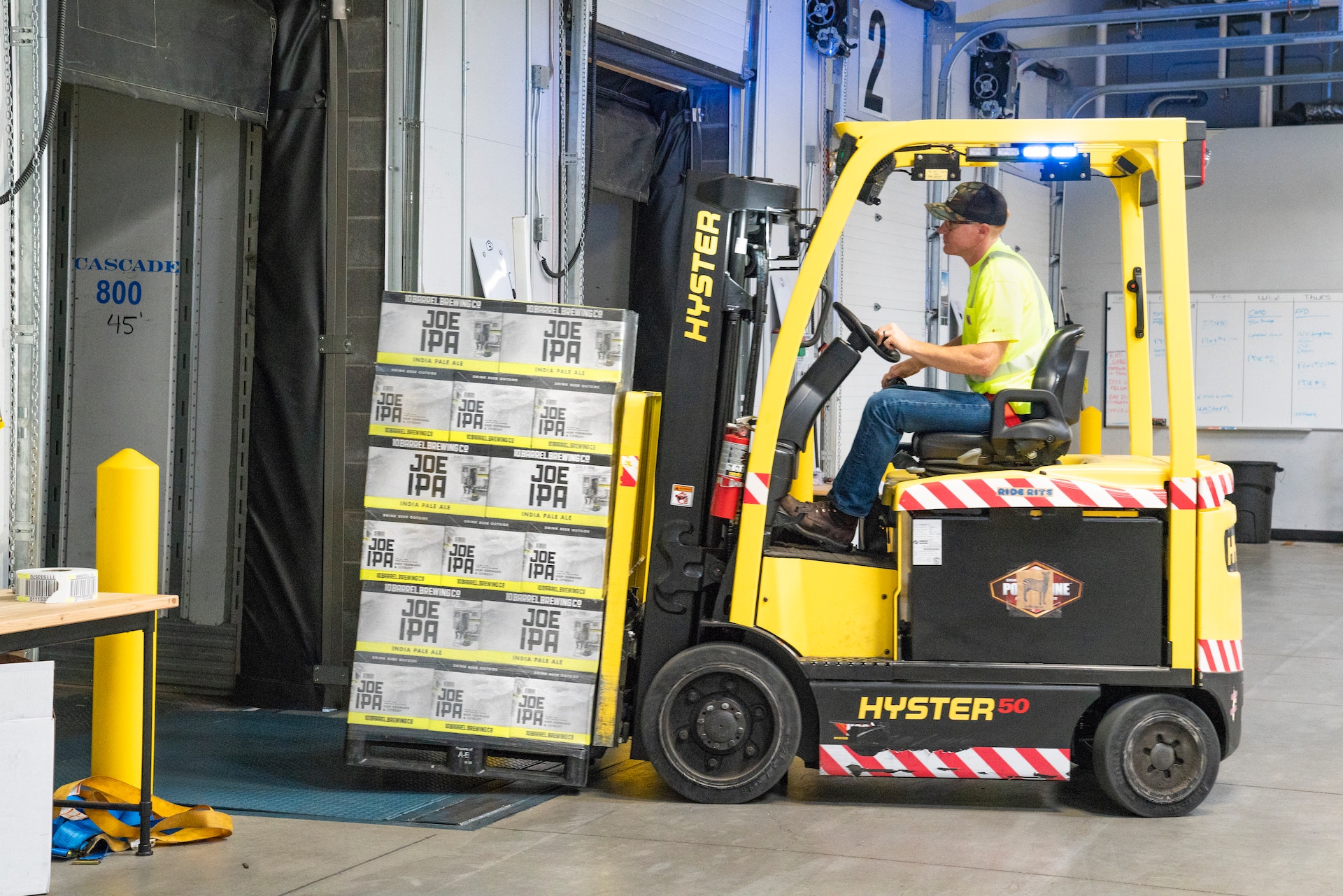
Since leaving the European Union and emerging from the Covid-19 Pandemic, the topic of workforce immigration has rarely been far from the headlines. Whether it is increasing the number of agricultural workers, nurses or hospitality staff there has been no end to the calls for ever more immigration. If anything, it seems as if no matter the number of immigrants imported to do whatever job needs doing on any particular day, the demand for more just rises and rises.
Considering how loudly industry organisations complain about the UK not having enough immigration, you could be very easily forgiven for thinking that immigration had fallen in recent years, or that it was particularly low. The truth could not be further from such an assumption. As frequent visitors to this website may know, immigration hit an all-time high in 2022. This begs the question, if a million more immigrants in a single year is not enough? How many are?
…no matter the number of immigrants…the demand for more just rises and rises.
What the open borders enthusiasts never seem to mention is that every immigrant that comes to the UK will use just as many services as many British citizens. The immigrant barman still uses public transport, the immigrant doctor still needs a dentist and the immigrant lorry driver still needs a school for his children since many coming to work will bring their families, increasing the use of services even further. The point being that importing workers to fill shortages will only ever lead to pressures elsewhere. And everyone will need a roof over their head.
For certain industries, there is an argument to be made to use immigrants to fulfil strategic roles or for short-term needs. But even here there are questions to ask of those who want to import overseas workers. One example was that of broadband engineers who, despite the level of skill and salary they command allowing them to be brought in unlimited numbers, resulted in the IT sector putting pressure on the government to place BEs on the Shortage of Occupation List (SOL). Why?
Without wishing to be cynical, we wonder if the real reason was that this would deliver the key advantage to the employer of a lower salary to the worker. After all, employers can recruit workers on the SOL from overseas at 80 per cent of the going market rate for that occupation in Britain, without having to advertise jobs locally. The only explanation we can think of is that employers don’t want to pay the going rate so aren’t recruiting from the domestic workforce. This creates a powerful incentive for business sectors to lobby for getting an occupation onto the SOL so that they can undercut British workers.
Nor should does a broadband engineer coming to work here for five years (the term of a Skilled Worker visa) be considered just that. In reality, after five years not only may they apply for indefinite leave to remain with family members able to join them. Furthermore, there is no limit to the number of workers of a particular shortage occupation that can be recruited and be paid 80 per cent of the going rate.
This is something Professor Alan Manning, the former Chairman of the Migration Advisory Committee, recently discussed in an interview with the Financial Times.
In the interview, Professor Manning explained the importance of filling strategic labour shortages (which he defines as shortages that cause negative effects throughout the economy) while being careful when considering non-strategic shortages in hospitality and retail.
“Fundamentally, in the sectors that are reporting shortages, those shortages exist not because there aren’t people in the UK who can do those jobs, it’s because they don’t want to do those jobs. And for different reasons and in different ways, those jobs are just not appealing to people.”
“If we had a firm that says, ‘I’m struggling to sell my product’, we’d be inclined to say, ‘Well, perhaps your product is priced wrongly. Or it’s not a very good product.’ But somehow when employers complain that ‘nobody wants to take my jobs’, they expect us to say, ‘Oh well, we’ll provide you with some workers who will do it under the terms and conditions you view as appropriate’.”
Professor Manning is of course right. Too often, certain industries aren’t interested in paying enough or fostering long-term progression. As he goes on to say, if the government gives an industry a ring-fenced supply of foreign workers, ultimately that industry will become “totally dependent on that source of labour.”
When this happens, a business model will change as it becomes used to a workforce that is either only interested in short-term work, or less likely to challenge poor working conditions. In a functional market, in the face of a limited labour supply the business model would adapt to fewer, more capable staff assisted by reasonable levels of automation and increased efficiency. In the face of a large labour supply, the opposite will happen and a business will have no need to update its business model and will instead focus on a larger workforce with lower pay (many of whom may be easily replaced and unlikely to stay long, thus suppressing wage growth).

The most common example of this is how the number of automated car washes halved from 2000 to 2015 while hand-car washes (often staffed by illegal immigrants on very low pay, as this clip from satirical show Scot Squad playfully shows) have sprung up in abundance and now dominate the market. This has only been possible because of an abundance of unskilled, low-paid immigrants made it economically advantageous to dump the machine in favour of man.
There is some evidence that, as access to low-paid immigrants have fallen, that automated car washes are again on the rise. With the numbers now coming illegally across the Channel, perhaps that trend will go into reverse.
In response to this trend, even the typically pro-immigration Confederation of British Industry (CBI) has shifted its position and acknowledged that industry needs to emphasise increased childcare, employee welfare, flexible working and automation.
If the CBI sticks to this approach, it could represent a significant shift. Readers should be wary, however, as Professor Manning has said in the past, employers should ‘be paying above the going rate for wages… I understand that the CBI is not very keen on that, because to the CBI wages are a cost, but to other people it is their income.”
It is too soon to say whether industry really will at long last take steps to look after and train employees rather than treat them like infinitely replaceable economic units,.
Thanks to very high numbers of international students (many of whom stay on in the UK after completing their studies), increasing numbers of dependants accompanying non-EU migrants and extremely high numbers of people granted exceptional leave to remain over recent years, as well as the ridiculously loose points-based system, introduced after we definitively left the EU, there is no shortage of cheap labour.
It would be good if we were to embark on a long-term shift away from a wage-suppressing immigration model, but following the Chancellor’s Spring Budget and the further expansion of the SOL, it would appear that Treasury orthodoxy as won again.
